2026-03-05T18:00:00-07:00
The National Weather Service in Denver has issued a Red Flag Warning for wind and low relative humidity, which is in effect from noon to 6 PM MST Thursday. The Fire Weather Watch is no longer in effect. * AFFECTED AREA...Fire Weather Zones 241, 246 and 247. * TIMING...From noon to 6 PM MST Thursday. * WINDS...South 10 to 20 mph with gusts up to 30 mph. * RELATIVE HUMIDITY...10 to 15 percent. * IMPACTS...Conditions will be favorable for rapid fire spread. Avoid outdoor burning and any activity that may produce a spark and start a wildfire.
Summary
Total streamflow across the
Michigan River
was last observed at
10
cfs, and is expected to yield approximately
20
acre-ft of water today; about 100%
of normal.
Average streamflow for this time of year is
10 cfs,
with recent peaks last observed
on
2019-06-23 when daily discharge volume was observed at
1,084 cfs.
Maximum discharge along the river is currently at the
Michigan River Near Cameron Pass
reporting a streamflow rate of 0.21 cfs.
This is also the highest stage along the Michigan River, with a gauge stage of
2.02 ft at this location.
This river is monitored from 2 different streamgauging stations along the Michigan River, the highest being situated at an altitude of 10,377 ft, the
Michigan River Near Cameron Pass.
15-Day Weather Outlook
River Details
| Last Updated | 2025-10-30 |
| Discharge Volume | 20 ACRE-FT |
| Streamflow |
9.92 cfs
+1.21 cfs (+13.89%) |
| Percent of Normal | 100.0% |
| Maximum |
1,083.9 cfs
2019-06-23 |
| Seasonal Avg | 10 cfs |
River Streamflow Levels
| Streamgauge | Streamflow | Gauge Stage | 24hr Change (%) | % Normal | Minimum (cfs) | Maximum (cfs) | Air Temp | Elevation |
|---|---|---|---|---|---|---|---|---|
|
Michigan River Near Cameron Pass
USGS 06614800 |
0 cfs | 2.02 ft | -8.7 | |||||
|
Michigan River At Walden
USGS 06617100 |
-999 cfs | -0.01 ft | None |
Seasonal Discharge Comparison
Maximum Streamflow Discharge
Streamflow Elevation Profile
The Michigan River is a tributary of the North Platte River, approximately 69 miles (111 km) long, in north central Colorado in the United States. It drains a rural part of the eastern side of North Park in eastern Jackson County. The river issues from Michigan Lakes, a chain of alpine lakes at 11,208 ft (3,416 m), along the continental divide in southeast Jackson County just east of Nokhu Crags. It descends north then west to flow past the south end of Cameron Pass, and descends from the pass along the route of State Highway 14, past Gould, then northwest through the ranch country of North Park, where it becomes a largely braided stream with a wide river bottom. It passes just east of Walden, and receives the Illinois River from the south just north of Walden. It joins the North Platte from the south approximately 5 miles (8 km) downstream to the north.

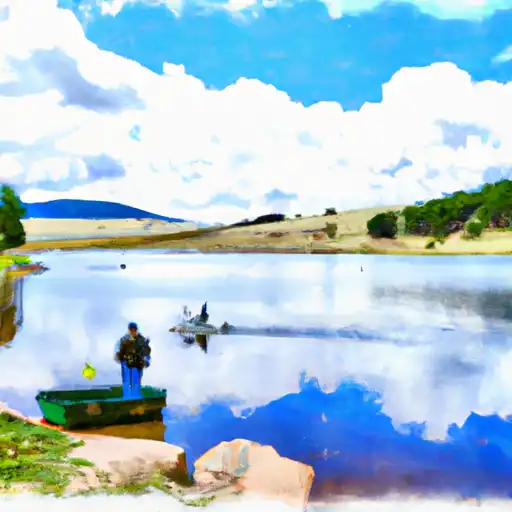 Cowdrey Lake
Cowdrey Lake
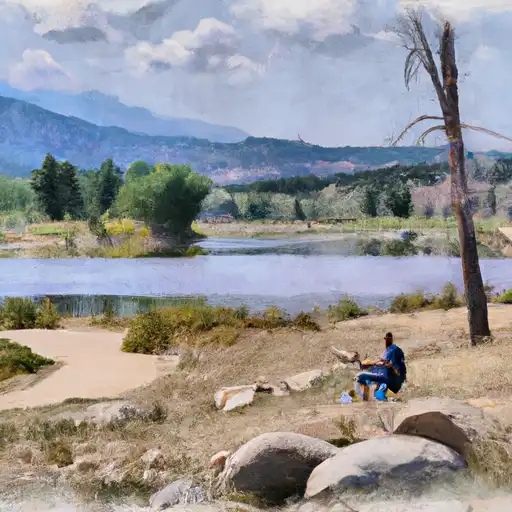 East Delaney
East Delaney
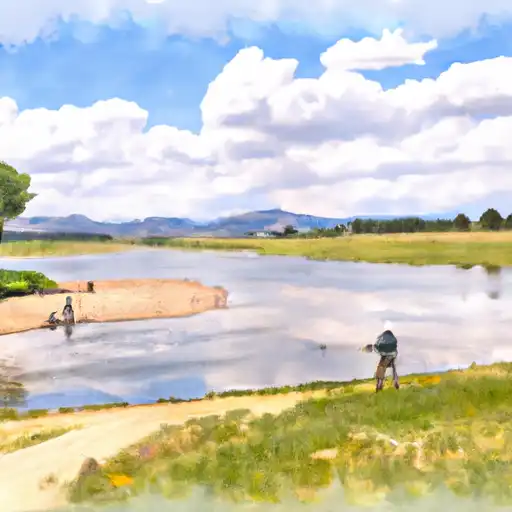 North Delaney
North Delaney
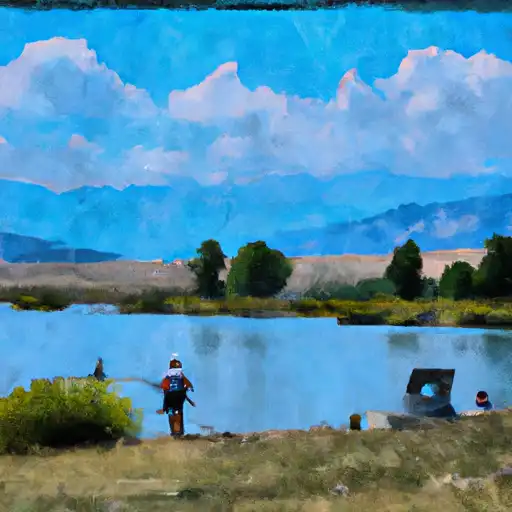 South Delaney
South Delaney
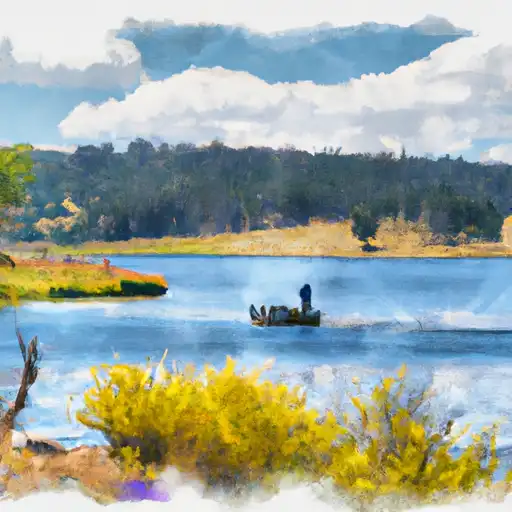 South Delaney Lake
South Delaney Lake